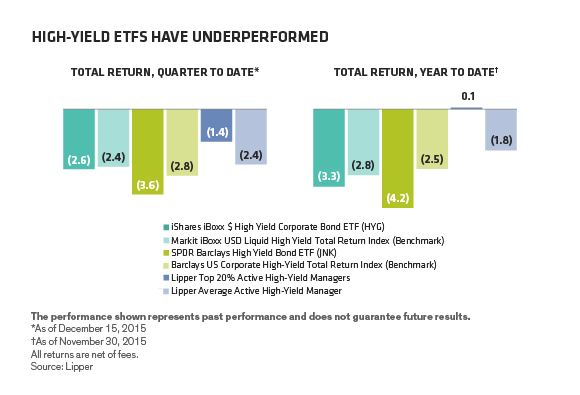by Mawer Investment Management, via The Art of Boring Blog
I hope you’re outraged by the title. How can one desecrate civilization’s most coherent institution (mathematics) in the name of some sociological life lesson!?!?
But hear me out - there is something to 1 + 1 = 3.
Phil Tetlock, a professor of psychology and political science at the University of Pennsylvania, has spent decades studying expert predictions. Part of his work includes testing theories about how team collaboration affects the accuracy of expert opinion. There are powerful lessons about forecasting throughout Tetlock’s work, but the one highlighted here is the concept of “extremizing.”
Extremizing is the idea that when individuals with independent and diverse experiences forecast the probability of an event, the actual probability of that event occurring ends up being higher than the group average (if the group average is >50%) or lower than the group average (if the group average is <50%). The rationale for the shift comes when we account for the unshared information within the group.
For example, if we have three independent, experience-diverse forecasters each predicting that the chance of Hilary Clinton winning her party’s nomination is 75%, the actual probability of her winning is likely greater than 75%. The rationale is that relevant information for answering the question isn’t perfectly shared across the forecasters. For instance, one of the forecasters may be basing her prediction partly on an intimate knowledge of the complex Electoral College system about which the other forecasters may not be fully aware or appreciate. Had the other forecasters been aware of this information, their original forecasts may have been different. Extremizing attempts to account for such differences.
The idea of extremizing must be used with care. There are two prerequisites that must be met in order for extremizing to have an improving effect on the team’s collective forecast. These are:
1. Independent forecasts: Independence means that each team member is not afraid of looking stupid, is not concerned about affecting their career, nor worries about any other negative implication for voicing his/her true belief. Extremizing without independence is a recipe for group-think. Extremizing forecasts in a group without independence may actually worsen, rather than improve, the group’s forecast relative to the actual probability as it would exaggerate the contribution of shared information.
2. Diverse experience: Extremizing is more relevant when the probability of unshared information is higher. Diversity of experience is a natural way to achieve that goal.
At Mawer, we stick to first-principles investing. We avoid predicting trending macro events and focus instead on forecasting the “boring” basics for each company we analyze: the quality of management, the attractiveness of the business model, and the company’s valuation. However, forecasting these “boring” basics still requires probabilistic predictions about the future – predictions which we are constantly trying to hone. Obviously, 1+1 ≠ 3, however, the positive spin-offs that come from fostering an independent research culture with experience-diverse analysts (such as using extremizing to improve forecasting) seems to make the whole greater than the sum of the parts.
This post was originally published at Mawer Investment Management













